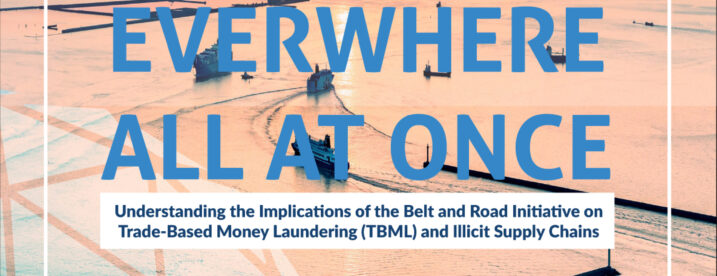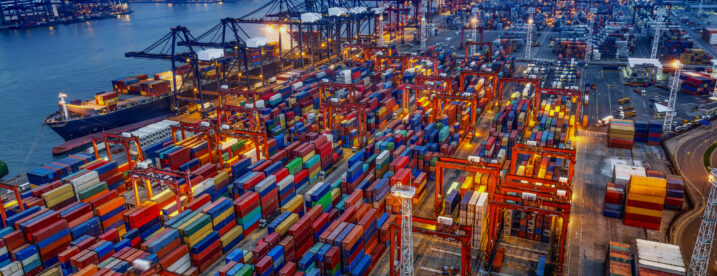By Katherin Alfonso, Karen "Alex" Lopez, December 6, 2022

Today, Mexico is among the three Latin American countries with the highest rates of wildlife trafficking. This problem is complex, especially considering one of their increasingly prolific partners is China.

Since its inception, China has spent an estimated US $200 billion on renewing and modernizing overland trade routes that make up the BRI. New research by Global Financial Integrity and King’s College London finds that improved transport corridors are fueling illicit financial flows (IFFs) and criminal exploitation as the BRI has not been designed and implemented with the aversion of crime.

The People’s Republic of China plays an extremely impactful role as a source, transit and/or demand country in many of the most widespread and serious transnational crimes as well as a key facilitator of global illicit financial flows.

By Matthew Baur Massive cargo ships are all too familiar to those living in big port cities. These giant vessels deliver goods needed for much of our society to function, from medical supplies and medicines, to food...

By Brooke Tunstall Corporate tax avoidance is an open secret in the world of multinational enterprises. Hiding behind loose laws and revenue reporting standards around the globe, these international corporations obscure profits and losses to a degree...

By Sue Ryu In resource rich, commodity-dependent developing nations such as Chile, the issue of trade misinvoicing is not only highly prevalent, but of great negative consequence for public welfare. Chile ranks on the higher end of...
By Lionel Bassega, July 6, 2020

Over the last couple of weeks, the rate of Covid-19 infections has flattened in most of the Global North, while the opposite has happened in the Global South. Indeed, according to data from the World Health Organization...

We have a big year planned for 2020. From advocacy and research, to panel participation and other high-level engagements, check out some of the projects we’ll be working on this year: Advocacy In 2019, we began advocacy...








